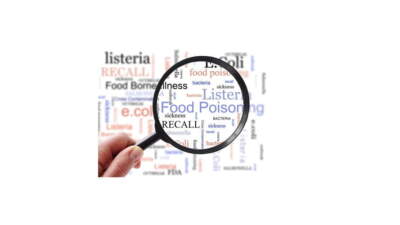Raspberries good for patients with heart disease, diabetes, obesity and Alzheimer’s
Components in red raspberries may have anti-inflammatory, anti-oxidative and metabolic stabilizing activity, according to a comprehensive review of the available scientific literature. These properties shed


